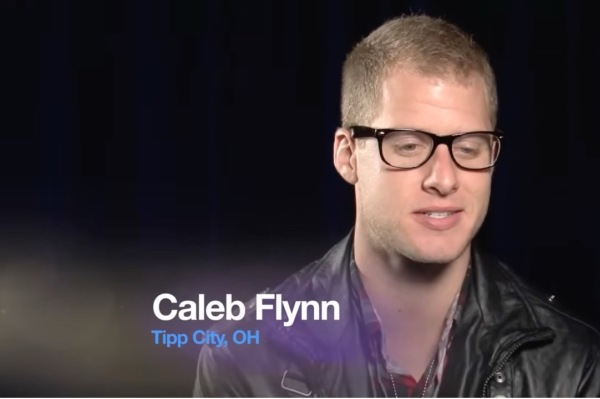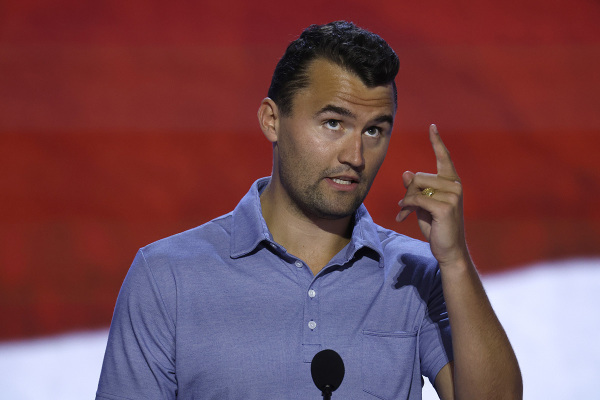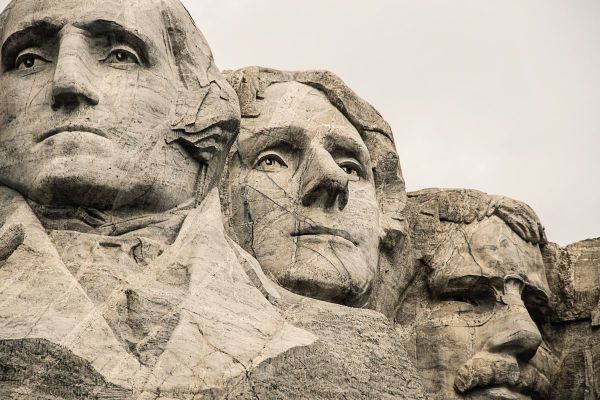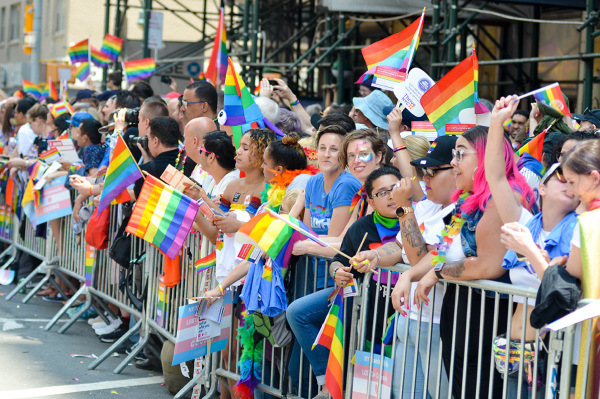The uniqueness of American culture

At the risk of inflicting cruel and unusual punishment on CP readers, I am going to give you a brief peek into the way my mind sometimes “works.” Remember, I am Attention Deficit Hyperactivity Disorder (ADHD). If they had had Ritalin when I was a child (back when the crust of the Earth was young), they would have marinated me in it.
Anyway, I was working on the first draft of a column on “How words are the weapons in any battle requiring persuasion in the public square.”
I took a break to go through a stack of newspaper clippings I had “filed away” to be saved or discarded later. While doing so I came across an article that had me immediately saying to myself, “Teachable Moment! Teachable Moment!”
So, I immediately decided to postpone the planned column to go with this serendipitous one! Here it is.
As I was leafing through an old copy of The New York Times, the following quote from a French Muslim arrested my attention: “It’s only abroad that I’m French. I’m French, I’m married to a French woman. I speak French, I live French, I love French food and culture. But in my country, I’m not French.”
Evidently, there has been a rising tide of emigration from France by French men and women who are the children of non-French immigrant (mostly Muslim) heritage in recent years.
This phenomenon illustrates a point I have sought to make on numerous occasions. The United States of America is a unique society in that it is not established and founded on soil or ethnicity, but on an all-encompassing idea that “All men are created equal” and that “they are endowed by their Creator” with “the right to life, liberty and the pursuit of happiness.” This ideal, and allegiance to it, are the social glue that holds us together. In France and in most countries in the world, a society is formed and is held together by its common ethnic background and experience. Many of these French émigrés, mostly white-collar professionals, have relocated permanently, a large number in the U.S., where they feel much more accepted.
I have said many times that I could go through all the steps to become a French citizen and learn the French language and customs, but I would still never be fully accepted as “French.”
Yet, someone perhaps of Korean ethnicity and ancestry can immigrate to the U.S., learn English, and become a citizen, learn our history, embrace our ideals, and fully become an American in a much deeper sense than either he or I could ever become “French.”
I first was personally made aware of this profound difference when I was a doctoral student at Oxford University in Great Britain (1972-75). This was a time of deep political tension and turmoil in the U.K. as late Socialist Britain was on its last shaky legs, soon to be replaced by Thatcherism. And yet, while they would go after each other relentlessly and stridently, they still had their common heritage and experience as Englishmen to hold them together.
A humorous experience during my first year there helped to reinforce this message. In my ignorance, I erroneously thought at that time that “British” and “English” were synonymous terms that could be used interchangeably. In conversing with my Oxford advisor/professor, who was very English, I made the mistake of describing the great American writer and émigré to Great Britain, T.S. Eliot, as English. My tutor immediately responded, “Oh no, my dear boy, one can become British, one must be born English!”
To an American such as myself, these were odd sentiments indeed. Anyone can become an American in every real sense that I, whose family on both sides arrived on these shores before 1700, am an American, as long as you embrace and swear allegiance to our founding ideals.
And at the same time, while embracing America, people of other cultures and ethnicities can cherish their original ethnic identity with pride and gratitude, as testified to by the millions of African Americans, Chinese Americans, German Americans, Hispanic Americans, Irish Americans, Italian Americans, Japanese Americans, and Vietnamese Americans, etc. have done and will continue to do so.
In making common cause in cherishing our American ideals, without abandoning their own ethnic traditions, they have and will continue, to enrich the multi-hued tapestry of our shared culture in myriad and important ways.
This welcoming attitude toward newcomers who embrace America’s ideals extends even to the strongest of regional American traditions. I am a sixth-generation Texan, and no one is more proud of their traditions than Texans. Yet, with a steady influx of newcomers to the state over the last several decades, the most popular bumper sticker year after year in the state is, “I wasn’t born here, but I got here as fast as I could!” In other words, Texans applaud the good taste of those who move to Texas and welcome them as “Texans.”
All of us have benefitted from the various cultural, musical, linguistic, and culinary contributions that each ethnic group has made to the great mosaic that is America.
As I read of the sad plight of the French émigrés, I was once again so grateful that in the providence of God I was born and raised in this great and unique country. I also could not help but think of Dr. King and his enormous contribution to all of us in articulating the vision of a country where we are judged not by the color of our skin, but rather by the content of our character.
As President Theodore Roosevelt declared just over a century ago, America has lots of room and acceptance for those immigrants who come here for a better life for themselves and their families as long as their primary emphasis was on being “American.” T.R. wanted to make certain the emphasis was in the right place — i.e. African AMERICAN, Anglo AMERICAN, Irish AMERICAN, Italian AMERICAN, etc.
Let us all consider our patriotic duty to help our beloved country to ever more fully live up to the ideals contained in our founding documents. That American vision and dream for all men and women is a noble one deserving of our devotion and duty.
P.S. My heart breaks when I see the apparent martyrdom of Ukraine in its pursuit of what began as the American dream which has universal application. I recognize the “Spirit of 1776” when I see it and it is on courageous display in Ukraine right now as free men and women oppose Russia’s savage tyranny. Please join me in praying for our Ukrainian brothers and sisters and their families.
Dr. Richard Land, BA (Princeton, magna cum laude); D.Phil. (Oxford); Th.M (New Orleans Seminary). Dr. Land served as President of Southern Evangelical Seminary from July 2013 until July 2021. Upon his retirement, he was honored as President Emeritus and he continues to serve as an Adjunct Professor of Theology & Ethics. Dr. Land previously served as President of the Southern Baptist Convention's Ethics & Religious Liberty Commission (1988-2013) where he was also honored as President Emeritus upon his retirement. Dr. Land has also served as an Executive Editor and columnist for The Christian Post since 2011.
Dr. Land explores many timely and critical topics in his daily radio feature, “Bringing Every Thought Captive,” and in his weekly column for CP.





















